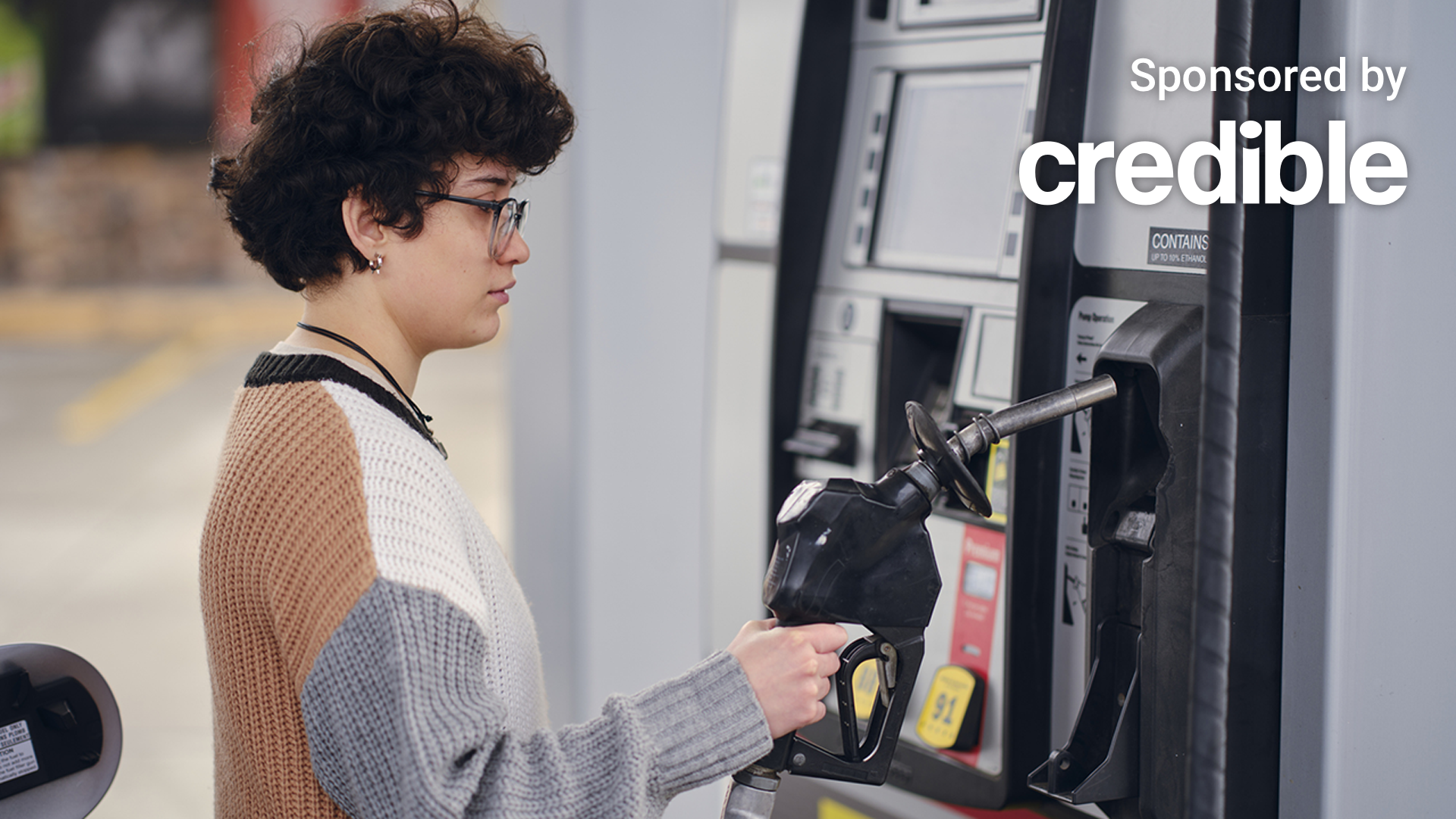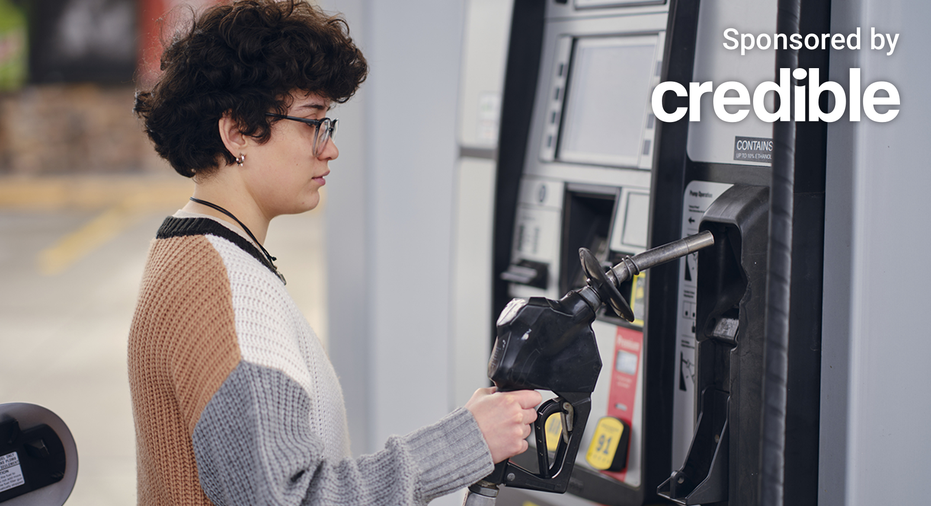Drivers are getting a break at the pump, and prices are set to dip lower, according to AAA. (iStock)
Gas prices dipped this week as demand for fuel and oil prices dropped, according to the latest AAA report.
The national average cost for a gallon of gas declined to $3.65, a slight two-cent decrease from the previous week. Gas demand fell from 8.66 to 8.42 million barrels per day last week and oil prices decreased by 55 cents to settle at $82.81 per barrel of oil, according to data from the Energy Information Administration (EIA).
Lower demand for gas and a continued drop in oil prices could suppress pump prices even more as drivers head toward the Memorial Day holiday.
“Domestic gas demand is pretty pokey at the moment, which is often the case in the runup to Memorial Day and the traditional start of summer driving season,” AAA Spokesperson Andrew Gross said. “The recent national average price of $3.67 could be the peak until hurricane season is well underway. But as always, the wildcard will be the cost of oil, so stay tuned.”
If you’re trying to lower your overall auto costs, you could consider switching auto insurance providers. You can visit Credible to compare quotes from different companies without affecting your credit score.
MIDDLE-INCOME AMERICANS FEEL MORE OPTIMISM ABOUT FINANCES AND ECONOMY’S DIRECTION: SURVEY
Least and most expensive states to pump gas
Gas costs for motorists nationwide fluctuated, with some states tallying higher averages than others. These 10 states have the least expensive prices:
- Mississippi ($3.09)
- Colorado ($3.13)
- Louisiana ($3.15)
- Oklahoma ($3.16)
- Arkansas ($3.21)
- New Mexico ($3.23)
- Kansas ($3.23)
- Alabama ($3.25)
- Texas ($3.25)
- Tennessee ($3.27)
The most expensive markets for gas in the country include the following 10 states:
- California ($5.40)
- Hawaii ($4.80)
- Washington ($4.65)
- Nevada ($4.59)
- Oregon ($4.43)
- Alaska ($4.37)
- Arizona ($4.09)
- Utah ($3.97)
- Idaho ($3.93)
- Illinois ($3.91)
Shopping for cheaper auto insurance is another way drivers can lower the cost of owning a car. You could consider changing your auto insurance provider if you want to save money on your auto costs. Visit Credible to find your personalized premium without affecting your credit score.
76% OF BUY NOW, PAY LATER USERS SAID IT HELPED IMPROVE THEIR FINANCIAL SITUATION BUT BEWARE OF RISKS: SURVEY
Auto car sales lag
High borrowing costs have made consumers think twice about making large ticket purchases like cars, as evidenced in the lag in auto sales, according to the first quarter gross domestic product (GDP) reading released by the Bureau of Economic Analysis (BEA) on Thursday.
Consumers paid an average annual percentage rate (APR) of 7.1% for new vehicles and 11.7% for used car financing in the first quarter of 2024, according to a recent Edmunds report. Moreover, the share of consumers with new-vehicle monthly payments of $1,000 or more remained above the 17% mark for the fourth straight quarter.
“Compelling new product launches combined with the reintroduction of incentives and rebounding inventory in the new vehicle market are all positive signs for shoppers, but elevated interest rates have dampened any positive market momentum,” Edmunds’ Head of Insights Jessica Caldwell said.
One way to lower your overall cost of car ownership is to shop for cheaper auto insurance, which can help reduce your monthly premiums. Visit Credible to compare your options without affecting your credit score.
REPUBLICAN STATES FILE SUIT TO STOP BIDEN’S SAVE STUDENT LOAN REPAYMENT PLAN
Have a finance-related question, but don’t know who to ask? Email The Credible Money Expert at [email protected] and your question might be answered by Credible in our Money Expert column.

 Blog Post1 week ago
Blog Post1 week ago
 Personal Finance1 week ago
Personal Finance1 week ago
 Personal Finance1 week ago
Personal Finance1 week ago
 Personal Finance1 week ago
Personal Finance1 week ago
 Finance1 week ago
Finance1 week ago
 Economics1 week ago
Economics1 week ago
 Economics1 week ago
Economics1 week ago
 Economics3 days ago
Economics3 days ago










